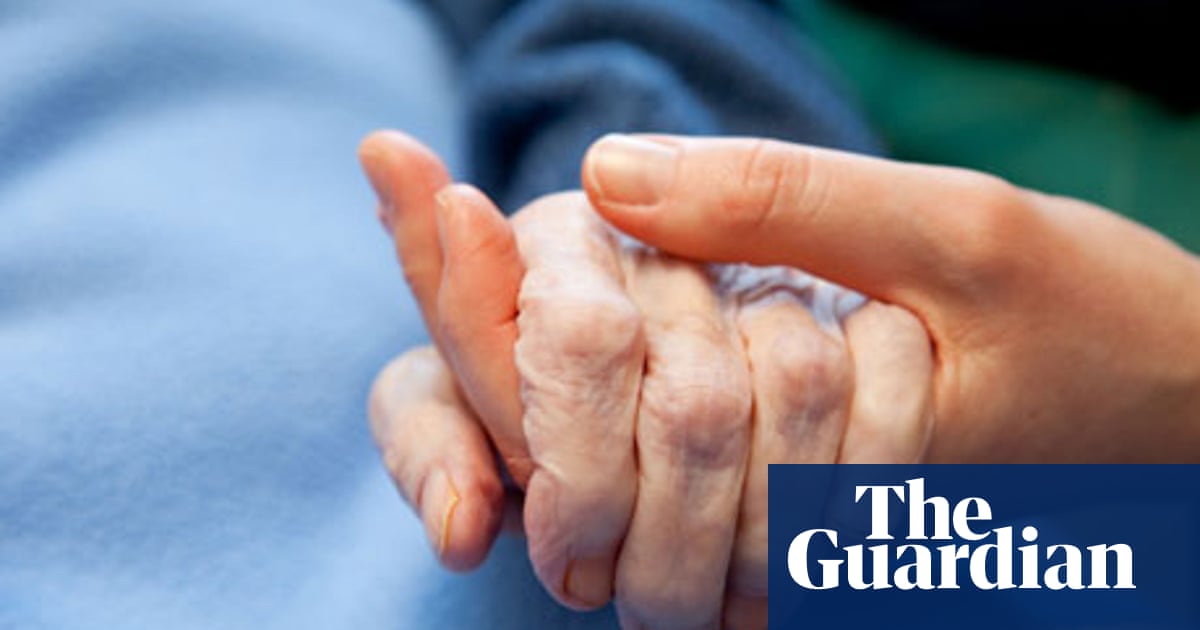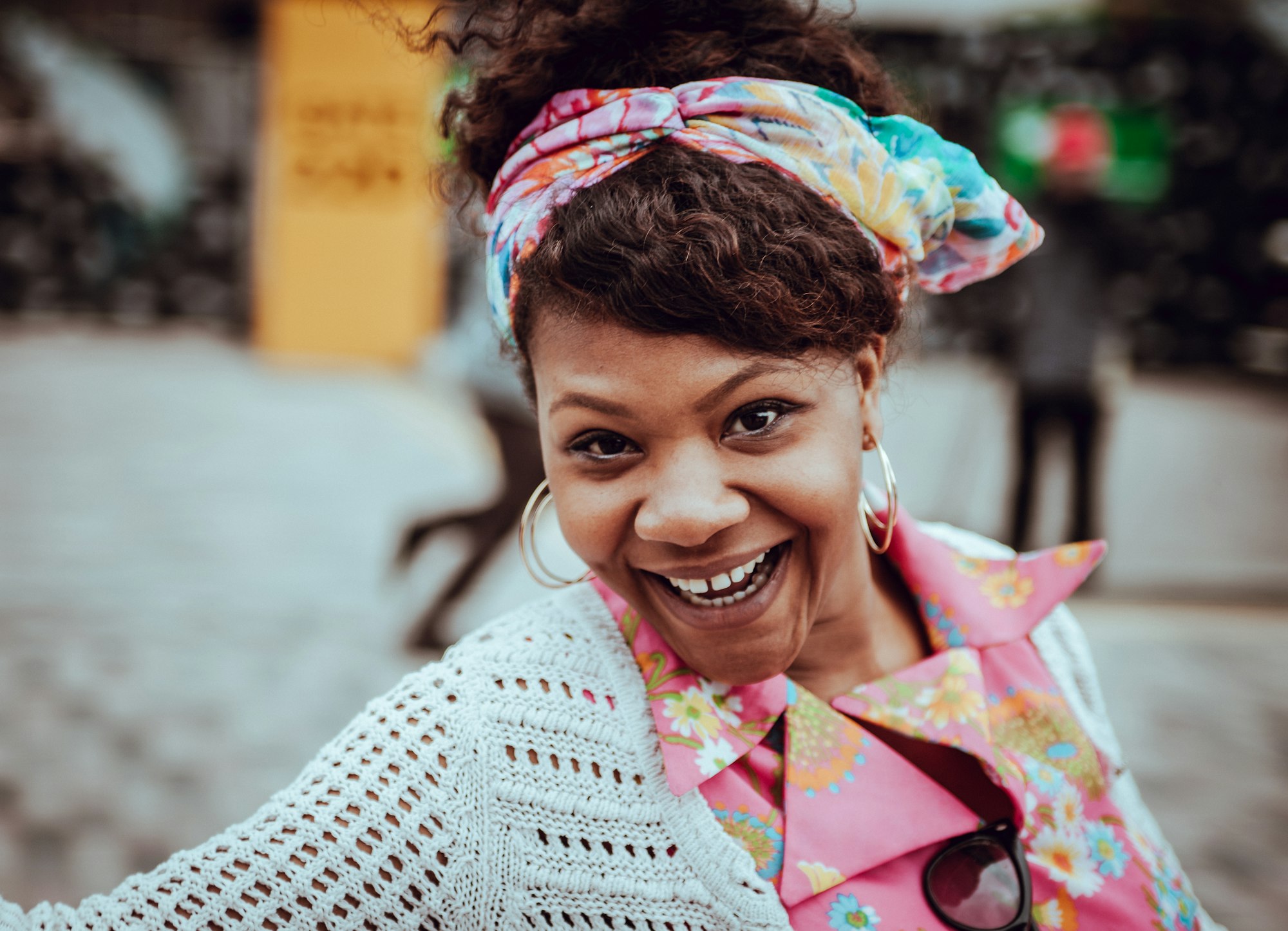
Comments on a popular Facebook Traveling Solo page point out what moves us and what jails us
A few weeks ago I got active on a Facebook Site for women who travel solo over fifty. Since that's right up my alley, I leapt on. I started posting a lot, and watched the comments.
The women, now more than seventy thousand strong, range from full-on adventurers, which are very rare, to armchair travelers whose family members' medical needs keep them locked in.
Then there are those in the muddy middle, who are watching the brave ones leap out and have rich lives, whatever the cost. They write posts asking what they should do, leaving wrenching comments about how terrified they are to step out the front door and into the Big Bad World of Travel like so many of the rest of us.
Some never will. That's who I'm writing about here. For the fear that locks them in their recliners is the same fear that locks us into a "safe" life that costs us everything. The cost of perceived safety is unbelievably high.
Fear has a purpose, but fear can also be a terrible taskmaster. Worse, when we get to the end of our lives, and we are out of time, options and a body that can still take us somewhere, the crushing weight of regret is fear's final legacy to those of us who chose to live small.
Let's start with that:
:extract_focal()/https%3A%2F%2Fimages.theconversation.com%2Ffiles%2F436779%2Foriginal%2Ffile-20211209-17-1vrc7f8.jpg%3Fixlib%3Drb-1.1.0%26rect%3D46%2C0%2C5123%2C3343%26q%3D20%26auto%3Dformat%26w%3D320%26fit%3Dclip%26dpr%3D2%26usm%3D12%26cs%3Dstrip)
From the article:
Research suggests that action-related regrets, although painful, spur people to learn from their mistakes and move on. But regret related to the inaction path – the things undone, the opportunities lost – is harder to fix. This kind of regret is more likely to lead to depression, anxiety, a sense of “stuckness” and a feeling of longing over not knowing what could have been.
Plenty of research has been conducted, as well as books written, by people who have interviewed those a few days or hours from their own deaths. Overwhelmingly, these people regret lives not lived, love not given or expressed and chances not taken far more than any action they did take. Shoulda coulda woulda rules. The fact is they didn't.
Here is one review of one of those books:

My father was a fine case in point. A beautiful man, the right height, a gorgeous warm chocolate voice, Gordon Hubbel shared a walk-up flat with Burgess Meredith, Henry Fonda and Jimmy Stewart on Broadway at the start of the Depression. Those four, all stage actors, split when three went West. Dad didn't. He believed the movies where a passing fancy. He chose radio.
When Dad worked at WMAL in Washington, D.C. back in the 1930s and 1940s, television began. He was perfectly situated to be part of that brand new world, but instead moved to Florida where he started a chicken farm. He feared his one deaf ear would get in the way. He didn't even try. David Brinkley was a copy boy at his station, and went on to a stellar career. I grew up a farm girl, for which I am eternally grateful.
Dad wasn't. I'm not sure he ever recovered. His decisions were grounded in grinding fear. At some level he was well aware of the cost of not risking his greatness. He made a mark, but not the one he might have, which would have better fed the dreams he had for himself.
But before we go on, let's tease out my choice of the term "greatness." My father was the kind of person who loved the spotlight, who loved acting. Heading to Hollywood, at that time, with his looks, voice and gifts, could have been the golden ticket. His ego had that need, he had what Hollywood wanted. He refused to take the risk that he might not make it.
Greatness is relative. I love being great at making and telling stories. For me to do that I have to risk challenging the choice to live small. However, some people are GREAT at living smaller, for in doing so they fulfill the promise they feel that is theirs alone. And it betters suits their personalities.
That's why external judgment of what makes a "great" life can be so off-the-mark.
So to that, fear takes on very different meanings. For some, fear keeps us from applying for that big job, or asking that girl out on a date. It keeps us from learning a new sport or taking a college class or any class at all for fear of failure.
My father feared failure. That locked him into jail his entire life. So he lived small, this immensely talented man with so much to offer the world. He was twisted by the Depression, as so many people can be damaged by life so much that any risk freezes them in place.
These last few years I took on some very big fears, including giving up fifty years of comfort and familiarity to move to Oregon. Now I am looking at all kinds of different options driven by what happened when I pried myself out of long- standing habits. The hardest part was pulling up those comfortable roots. Now, having done that, living overseas as an ex-pat for part of the year seems easy by comparison.
That's what I mean.
When I joined the Army back in 1973, a move that was terrifying enough at the time (we were just starting to leave Vietnam), that opened the door to a lot of other things. Shortly after that I took up skydiving, which in so many ways wiped out many lower-level fears.
When I said yes to skydiving, and a hundred hundred other fearful things shrank by comparison.
That's not for everyone.

However. In this shivering, anxious world full of angry, embittered people waiting for a politician or political figure or some Marvel hero to leap over a tall building to save them, I might suggest that we do that for ourselves. Handling our fears means facing them, finding what's funny about them, which tends to do a nifty job of cutting them down to size.
After that, you walk over them, kick them to the curb, or put them into your backpack to keep you motivated the next time some idiot fear threatens to limit your life.
As I parce through the comments left by women well past fifty, facing their final years alone or at least, released from some of their traditional obligations, I am saddened by those who stand at the open door to the world and turn away.
Those who have options, their health, and choices, who don't make anything of them, even though they clearly are longing to do just that.
They are hardly alone. Too many of us- all of us everywhere- make decisions based far more on fear than hope, joy or curiosity. And age isn't necessarily a factor. Fear is an equal-opportunity life-killer.
I have done it myself, far too many times. Which is why, having just passed my 69th birthday, I am watching where fear informs my thoughts or decisions. I am determined to tease out those lies, and find out where I am willing to stare down what scares me, and ask the best possible question:
What lies are my fears telling me?
Nothing strips the Wizard of Oz of his power faster than truth, hard questions and laughter at the absurdity of lies.
We can do this. We can. YOU can. Fear cripples more lives with lies than any other factor.
I'm going to be sharing more about where I am facing mine and where I have chosen to play small for fear. I harbor those demons like everyone else. I've dealt with plenty, but too many still hold me back from things I very much want to experience.
I plan to do some spring cleaning this year.



Comments powered by Talkyard.